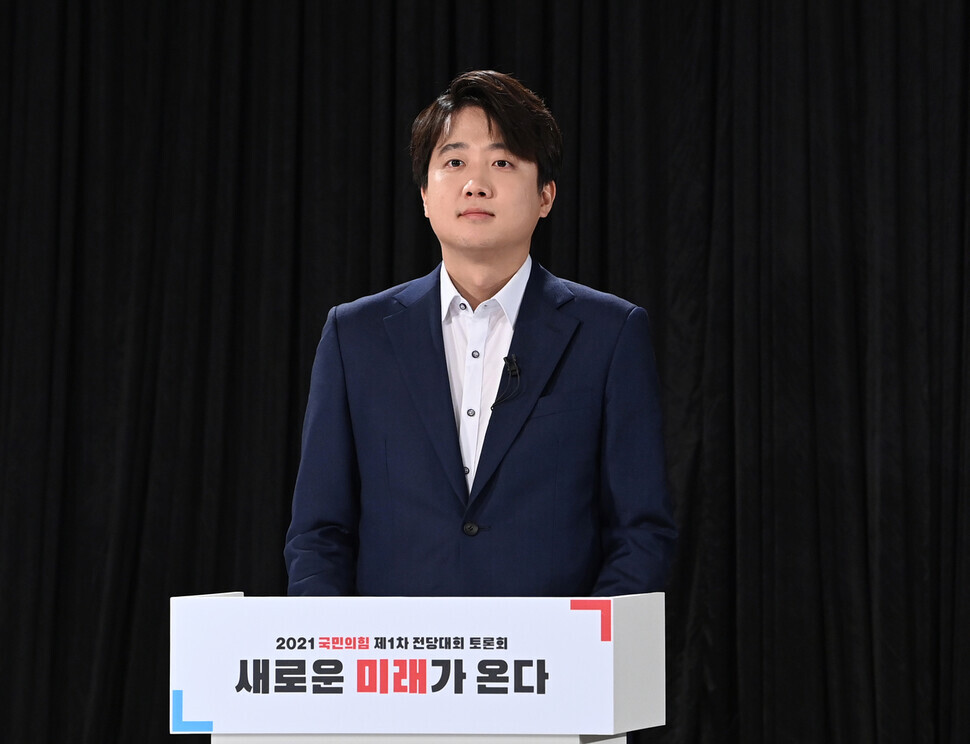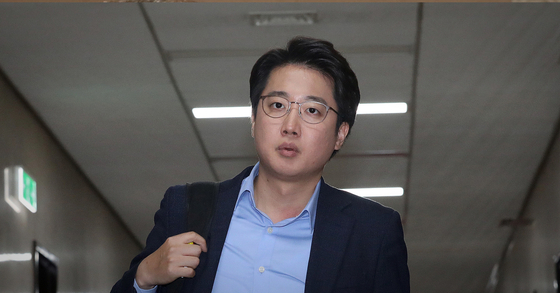The political atmosphere is heating as the election season nears. And at a time when the progressive block of Moon Jae-in is having a tough time with the South Korean people and with President Moon’s ratings at an all-time low, the conservative block seems on the way towards victory. A 36-year-old South Korean startup founder was elected leader of the conservative opposition party on Friday and pledged to win over voters increasingly disillusioned with traditional rough-and-tumble politics and retake the presidency next year.
The most established fact is that youngsters for a long time have been more inclined towards progressives, which is currently represented by Moon Jae-in. However, as the conservatives have realised the chances of victory are high, they are moving towards attracting the youth by putting up a young face. Lee Jun-Seok became the youngest leader of any major political party in democratic South Korean history, elected by party delegates and through public polls to head the People Power Party.

Lee, a former member of the PPP’s Supreme Council, was chosen chairman of the party on Friday, receiving 43.82 per cent of the vote. Na Kyung-won, a former floor leader of the PPP’s precursor, the Liberty Korea Party, came in second with 37.14 per cent, followed by Rep. Joo Ho-young, another former PPP floor leader, with 14.02 per cent. Rep. Cho Kyoung-tae, a five-term congressman, and Rep. Hong Moon-Pyo, a four-term politician, won 2.81 per cent and 2.22 per cent of the vote, respectively.
Lee, a Harvard University graduate, has worked as a consultant for his party since 2011, after founding an education smartphone app, though he has never held public office. His unexpected victory came as a crucial bloc of younger, centrist voters developed amid growing disgust with what many South Koreans perceive as ineffective and hypocritical politicians.
He was recruited by Park Geun-Hye, then-leader of the Grand National Party, a PPP forerunner, at the age of 26 and became the party’s youngest Supreme Council member. After Park was impeached in 2017, Lee teamed up with Yoo Seong-min, a former four-term congressman who ran for president on the tiny conservative Bareun Party’s ticket in 2017.
The growing public distrust of established politicians, according to political commentator Park Sang-byoung, was a major factor in Lee’s election, and this public sentiment was expressed in the April 7 by-elections, in which the PPP won the mayorships of the country’s two largest cities, Seoul and Busan.
Following the by-elections, many political observers remarked that dissatisfaction with the ruling DPK has grown among young people in their 20s and 30s, many of whom voted for PPP candidate Oh Se-hoon, who is now Seoul’s mayor.








